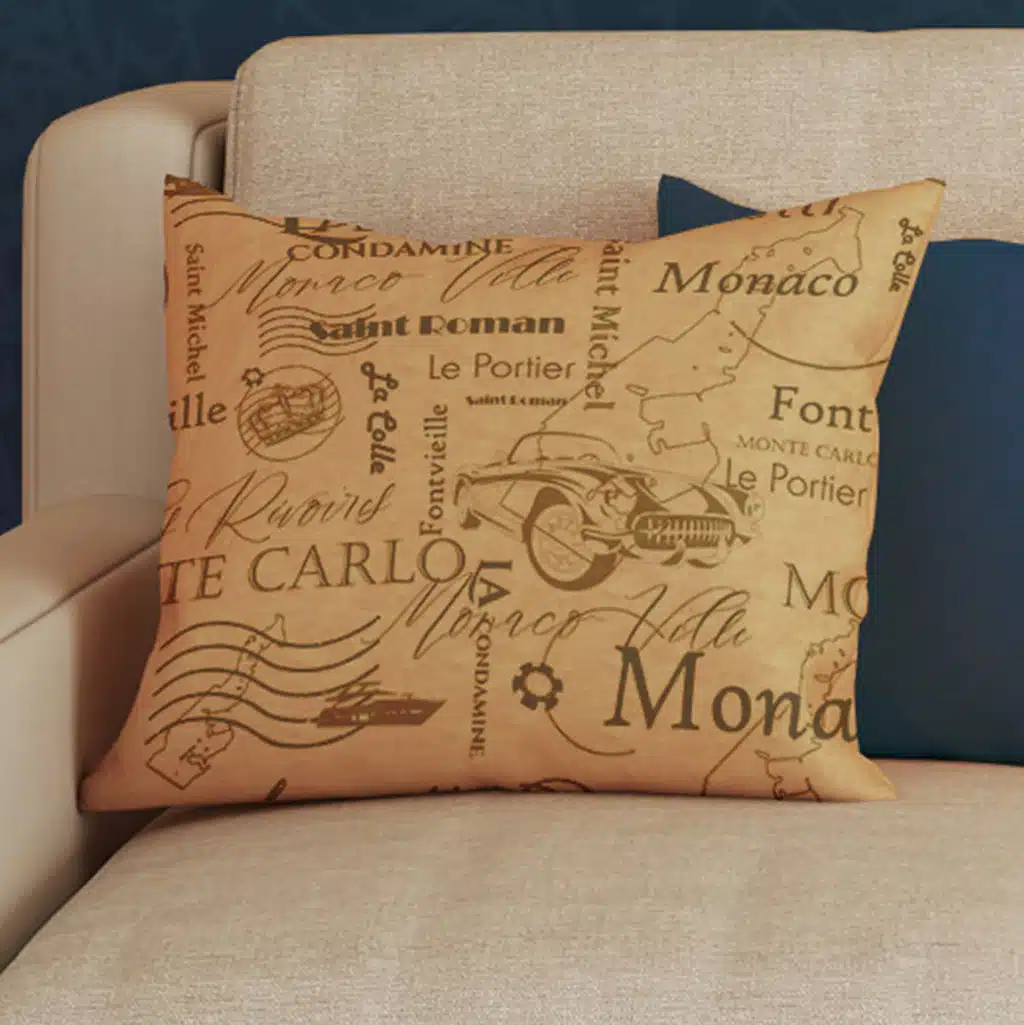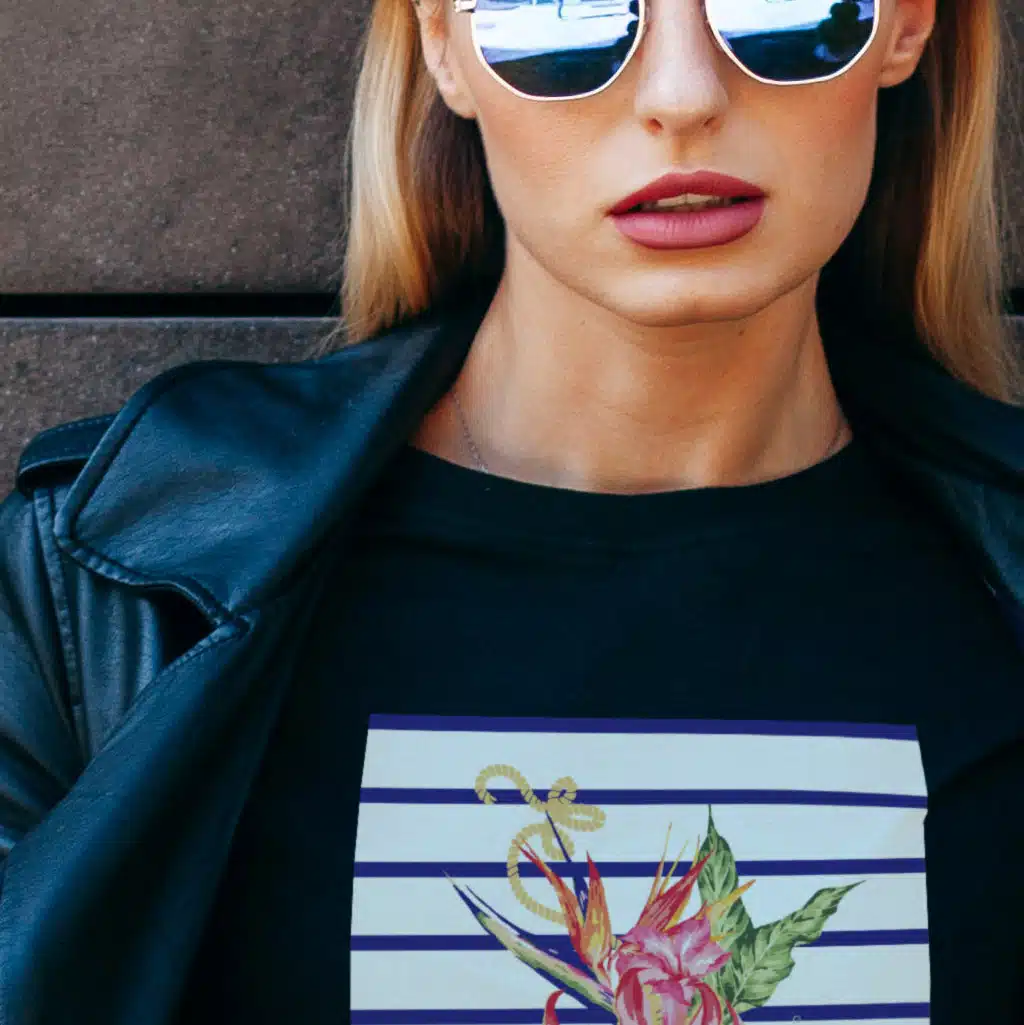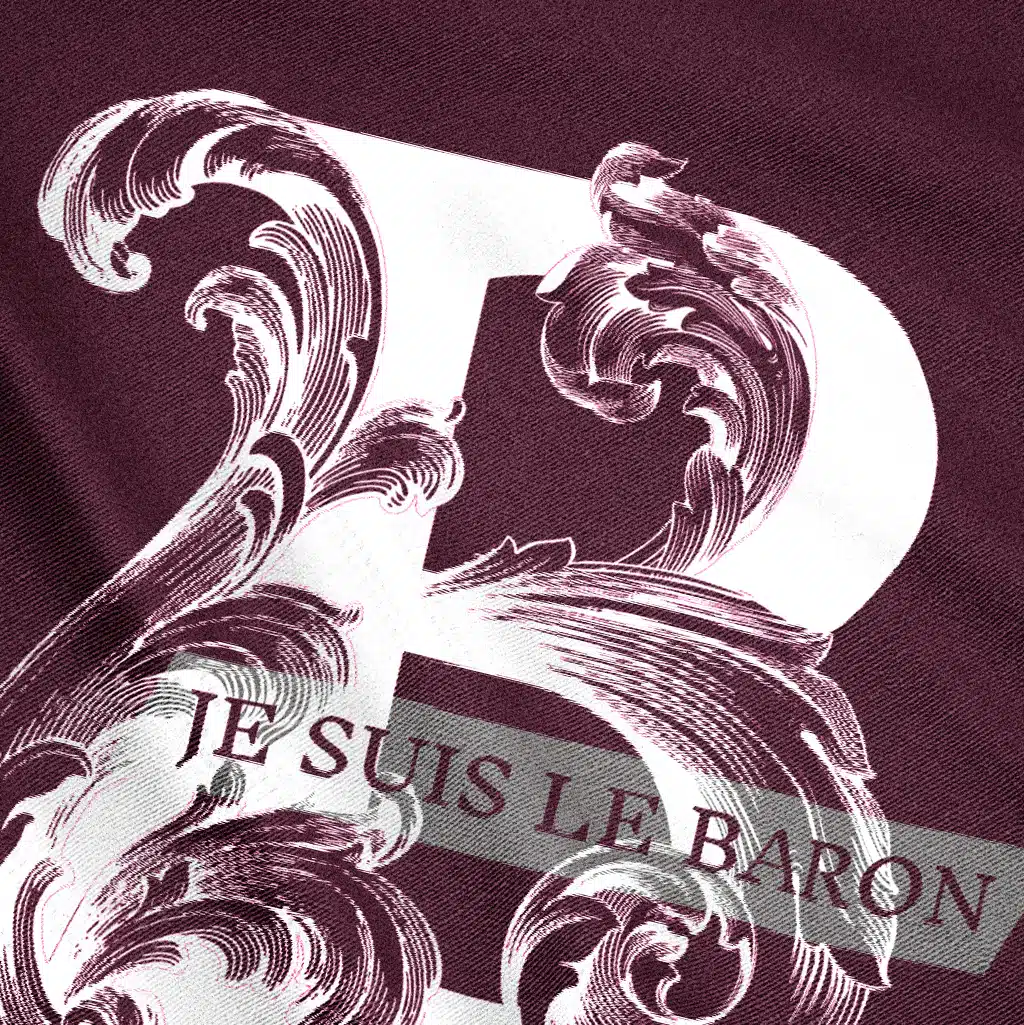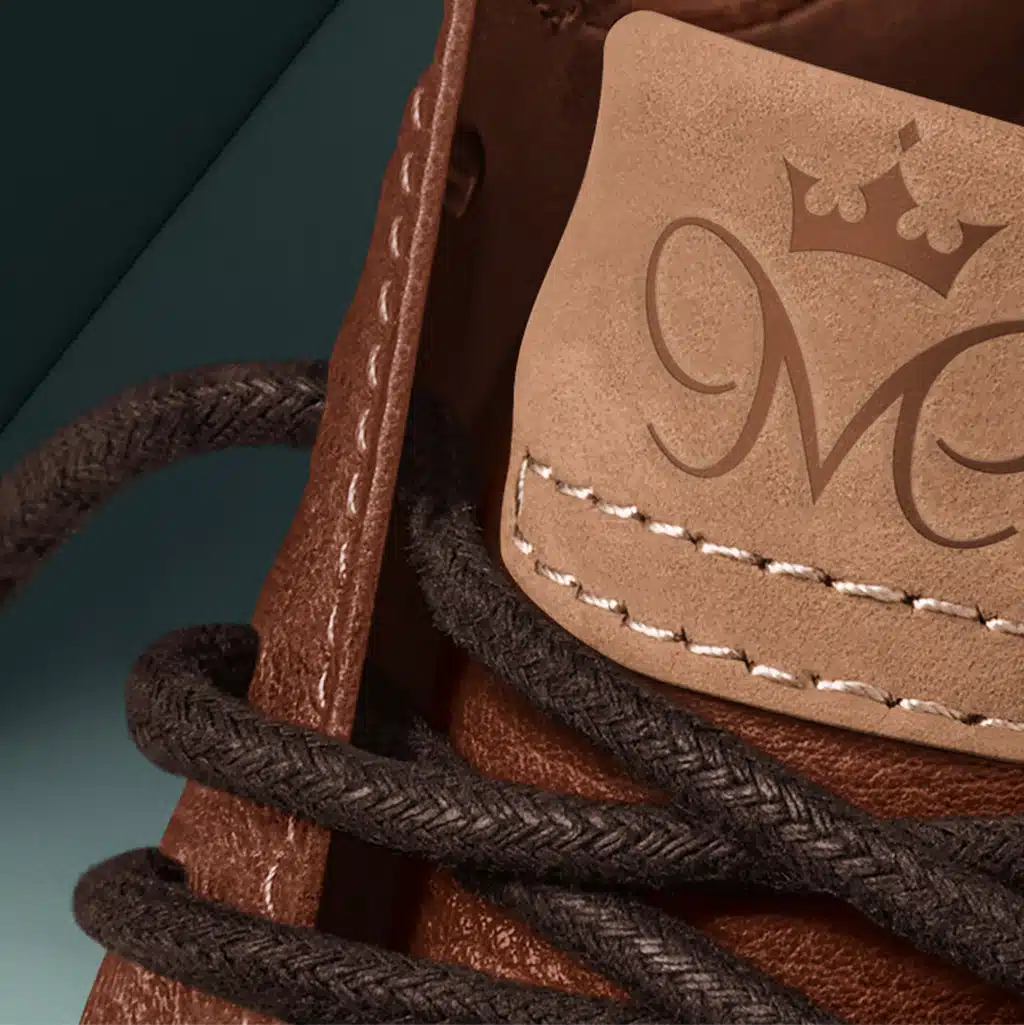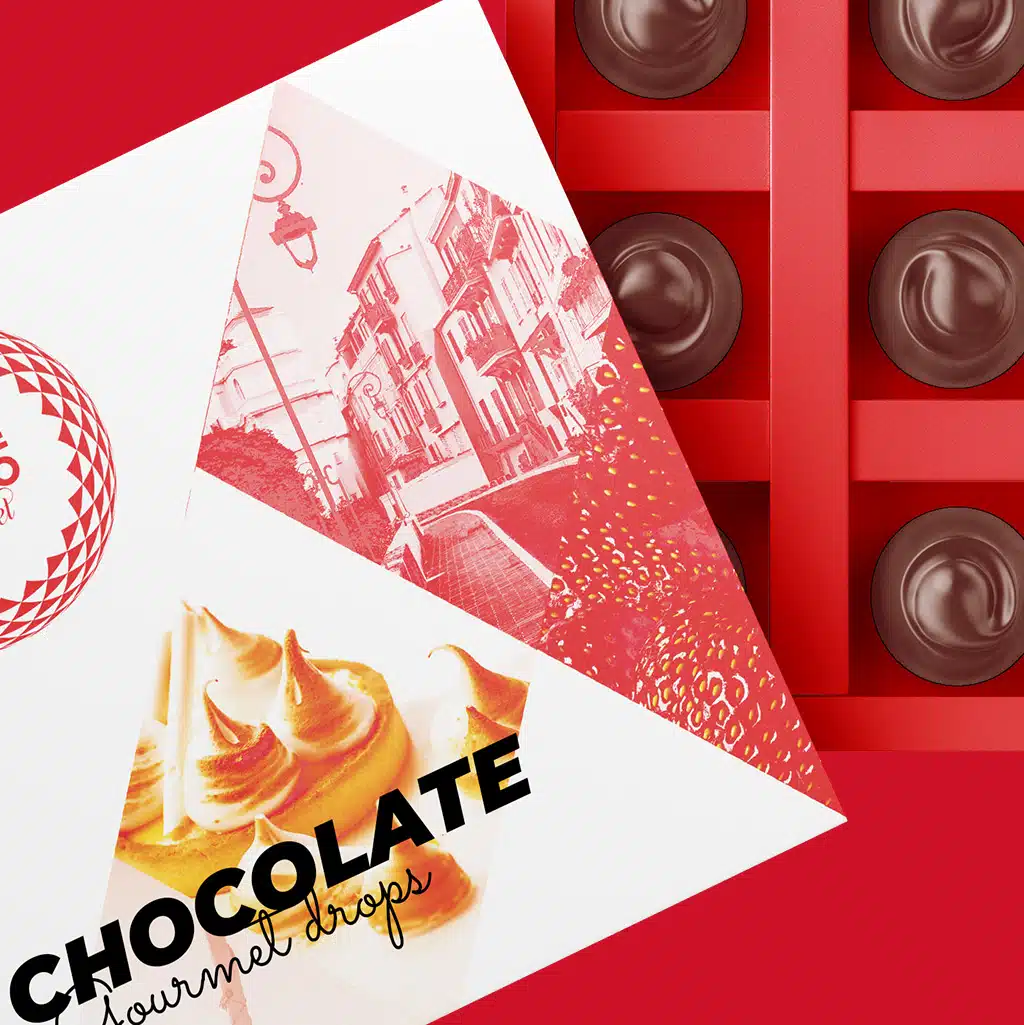
From the music in your ears to the logos on your clothes, licensing shapes our daily life in invisible ways. But what do we really know about this omnipresent force?
Licensing is everywhere, discreetly weaving the fabric of our daily lives. From major brands to street artists, and through the apps on our smartphones, licensing influences everything from the choices we make to the products we love. Historically, this practice dates back centuries, evolving from simple trade agreements to complex strategies that fuel entire industries.
In this article, we dive into the fascinating world of licensing. Our goal? To demystify this often misunderstood or unknown concept. Whether you’re a marketing enthusiast, an entrepreneur seeking new strategies, or simply curious about how licensing agreements work behind the products and services we use every day, this article is for you.

Definition and Fundamentals of Licensing
Licensing is a term we often hear, but its exact meaning can sometimes be vague. We will clarify this concept by detailing its definition, the different types of licenses that exist, and explaining how the licensing process works in practice.
What is Licensing ?
Licensing is the authorization granted by one party (the licensor) to another party (the licensee) to use a specific intellectual property under certain conditions. This property can be a brand, a patent, a copyright, or even know-how. In return, the licensee typically pays royalties to the licensor.
Types of Licenses
- Exclusive Licenses :
Only the licensee has the right to use the intellectual property in a specific domain. Example: A famous beverage brand granting exclusivity of its recipe to a single soda manufacturer in a given country. - Non-Exclusive Licenses :
Several licensees can use the same intellectual property. Example: A popular song used by various advertisements. - Trademark Licenses :
Use of a commercial brand on products. Example: Sportswear featuring the logo of a famous team. - Copyright Licenses:
Use of protected works. Example: Reprinting a popular book by different publishers. - Patent Licenses:
Use of patented technologies. Example: Smartphone manufacturers using a patented touchscreen technology.
- Know-How Licenses:
Transmission of technical knowledge. Example: A fast-food company training a franchisee in its specific cooking methods.


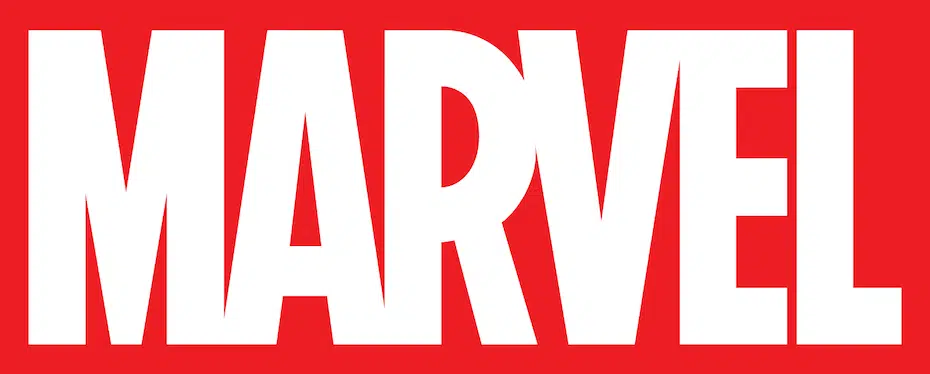


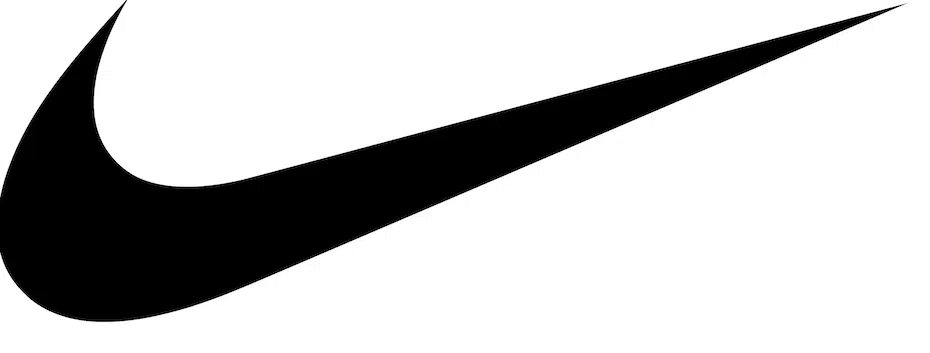
How Does Licensing Work ?
The licensing process can be compared to the creation of a film. First, the licensor (like the screenwriter) owns something valuable – a brand, an invention, a piece of art. Then, the licensee (the director) wants to use this creation to produce something new – a product, a service. They sign an agreement defining the terms of use, territories, duration, and royalties. Like in film production, each party brings its unique value, working together to create something even greater.
The Importance of Licensing in Today's World
Licensing plays a crucial role in the global economy, influencing a variety of sectors. Let’s take a closer look at the economic impact of licensing, based on recent data, and explore how it shapes various industries and emerging trends.
Licensing and the Global Economy
According to License Global’s highly anticipated annual study, this year’s “The Top Global Licensors” report reveals that the global licensing market reached $273.4 billion in retail sales of licensed consumer products in 2022. Over 40 brands in the report experienced a collective growth of more than $26 billion. This figure underscores the considerable influence of licensing on the economy, not only in terms of revenue generated but also as a driver of innovation and commercial development.
The entertainment sector continues to generate the highest revenue for the licensing industry, with $111.1 billion produced by the top five global licensors. The Walt Disney Company recorded the most significant growth in 2022, with retail sales of licensed products increasing by $5.5 billion.
The Leading 10 Top Global Licensors for 2023 are:
1. The Walt Disney Company – $61.7B
2. Dotdash Meredith – $31.5B
3. Authentic Brands Group – $21.4B
4. Warner Bros. Discovery – $15.8B
5. The Pokémon Company International – $11.6B
6. Hasbro – $11.5B
7. NBC Universal/Universal Products & Experiences – $10.5B
8. Mattel – $8B
9. Bluestar Alliance – $7.5B
10. WHP Global – $6.75B
Licensing in Various Sectors
Licensing transcends the boundaries of traditional sectors. In the fashion industry, for example, licensing agreements between luxury brands and manufacturers of derivative products contribute significantly to their revenues. In technology, giants like Apple and Samsung engage in patent licensing agreements, representing a substantial part of their innovation strategies. Even in less obvious sectors like food, licensing creates new market opportunities, as shown by Coca-Cola extending its brand through derivative products.


Current Trends
Current trends in licensing reveal an adaptation to market evolutions. The advent of digital has introduced digital licensing, where video games or mobile applications exploit popular brands and characters to attract a wider audience. Additionally, a growing trend towards sustainable licensing partnerships is emerging, illustrating an increased corporate commitment to eco-responsible practices.
Real-Life Cases and Case Studies
Current trends in licensing reveal an adaptation to market evolutions. The advent of digital has introduced digital licensing, where video games or mobile applications exploit popular brands and characters to attract a wider audience. Additionally, a growing trend towards sustainable licensing partnerships is emerging, illustrating an increased corporate commitment to eco-responsible practices.
Case Studies of Major Brands
Companies like Disney and Nike have mastered the art of licensing, transforming their brands into global empires. Disney, for example, doesn’t just produce movies and TV shows; it licenses its characters and stories for toys, clothing, and even theme parks. This type of licensing has contributed to making Disney an omnipresent brand in global popular culture.
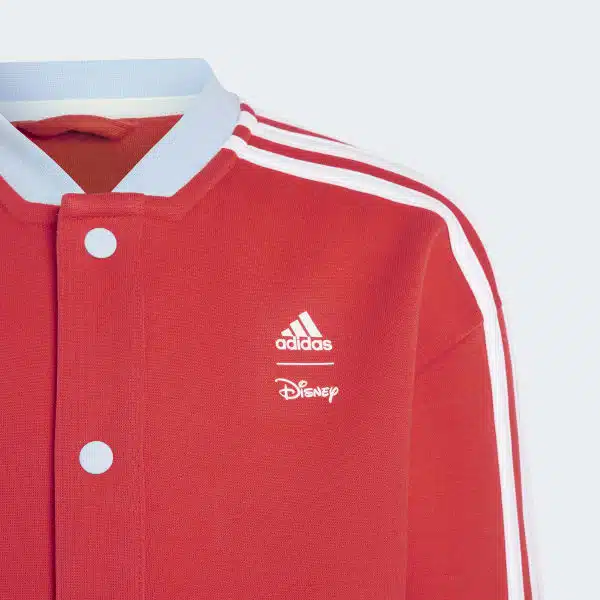


Nike, on the other hand, uses licensing to extend its reach well beyond sports equipment. By collaborating with famous athletes for licensed clothing and shoe lines, Nike creates products that capture the essence of sports while being fashionable, thus strengthening its market leader position.



Licensing in Everyday Life
Licensing is not limited to global giants; it’s also part of our daily lives. For instance, many local cafes use licenses to sell branded bakery products or beverages, thus attracting a loyal clientele. Similarly, local artisans can obtain licenses to create handcrafted products inspired by popular franchises, such as jewelry or decorative items.
Subtleties and Advanced Strategies in Licensing
Licensing, a complex and dynamic universe, requires deep understanding and strategic approach. This constantly evolving field presents unique challenges while offering opportunities for innovation and growth. Companies that succeed in licensing are those that can not only navigate this complex environment but also anticipate and adapt to market changes.
Challenges in Licensing
- Protecting Intellectual Property Rights: Counterfeiting and misuse are major risks. Effective protection of rights is essential, as demonstrated by the constant efforts of the film and music industries to combat piracy.
- Fair Pricing of Licenses: Establishing pricing that values intellectual property while remaining attractive to licensees is a delicate exercise. Companies like Adobe illustrate this challenge with their subscription models for software.
- Adapting to Technological Evolutions: Technological advances, like streaming, transform licensing modalities, forcing companies to quickly adapt to remain relevant.
Innovative Strategies in Licensing
Augmented reality opens new pathways for immersive brand experiences. A striking example is Pokémon GO, which successfully combined gaming with augmented reality to create a revolutionary user experience.
The emergence of digital platforms also transforms the management of licenses. Spotify, for example, has revolutionized the management of music rights, facilitating access to a wide music catalog while ensuring fair remuneration for artists.
Collaboration between brands is another innovative strategy. The alliance between Apple and Nike, for instance, resulted in connected sports products, combining technology with an active lifestyle.


Predictions and Future Outlooks
Influence marketing is a growing trend in the world of licensing. Brands increasingly collaborate with influencers to extend their reach, leveraging their popularity to reach new audiences.
Simultaneously, sustainable licensing is gaining importance. Adidas’ initiative with Parley for the oceans, which uses recycled materials to create products, is a perfect example. This shows how licensing can contribute to more responsible and environmentally friendly business practices.



Conclusion
Our journey through the subtleties of licensing reveals a complex world rich in opportunities. From innovative strategies to challenges to overcome, licensing is an essential vector for growth and innovation in many sectors. For companies capable of mastering its nuances, licensing paves the way to renewed success.
If you wish to explore further the possibilities of licensing or apply these concepts in your field, Monte-Carlo Lifestyle is your ideal partner. Representing the essence of luxury and sophistication, Monte-Carlo Lifestyle manages a diverse portfolio of exclusive sub-brands, ranging from clothing and accessories to automobiles, as well as health, beauty, travel, and unique gifts. Inspired by the timeless elegance and prestige of the Principality of Monaco, the brand aims to embody and share with the world the distinctive Mediterranean art of living.
Collaborating with Monte-Carlo Lifestyle for licensing opens doors to an elite clientele and provides a lever for growth in the luxury market. Each partnership is carefully crafted to allow licensees to leverage the perceived values and unique emotions emanating from the DNA of Monte-Carlo Lifestyle brands. Seize this opportunity to enhance your visibility and strengthen your international reputation. To learn more and start an enriching partnership, contact us.
FAQ on Licensing
- What is the difference between an exclusive and non-exclusive license?
An exclusive license allows only one licensee to use the intellectual property in a specific domain, while a non-exclusive license can be granted to multiple licensees.
- How do companies determine the value of a license?
The value of a license depends on the popularity and reach of the intellectual property, as well as the specific conditions of the agreement.
- Can any type of intellectual property be licensed?
Almost all types of intellectual property can be licensed, provided they are legally protected.
- What role does licensing play in influencer marketing?
Licensing allows brands to extend their reach by collaborating with influencers to promote their licensed products.
- Is licensing beneficial for small businesses?
Yes, licensing can offer small businesses growth opportunities by allowing them to access established brands or technologies.
- What are the advantages of a licensing partnership with Monte-Carlo Lifestyle?
Partnerships with Monte-Carlo Lifestyle offer increased visibility and access to an elite clientele, while benefiting from the association with a prestigious brand image. - How does a company start a licensing partnership?
To begin a licensing partnership, a company needs to identify brands that are compatible with its products or services, and contact the brand owner to negotiate the terms of the agreement.

Monte-Carlo Lifestyle is a brand that encapsulates all the collections in its portfolio, with the labels ‘Monaco’ and ‘Monte-Carlo, that is registered globally for an extensive line of consumer goods.
Subscribe for our monthly newsletter to stay updated.
which supplier and need to make the complete setup, can be added later ?







